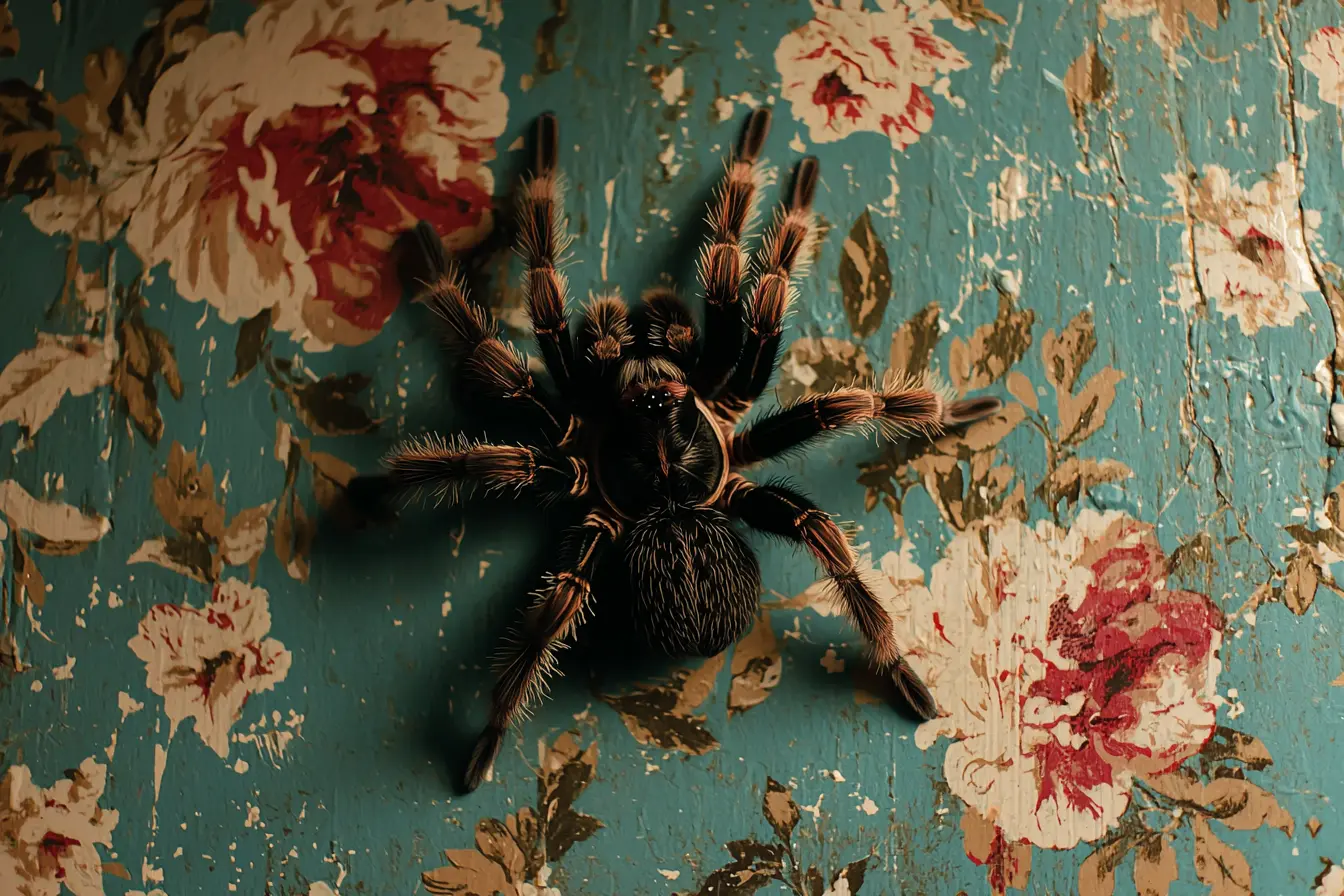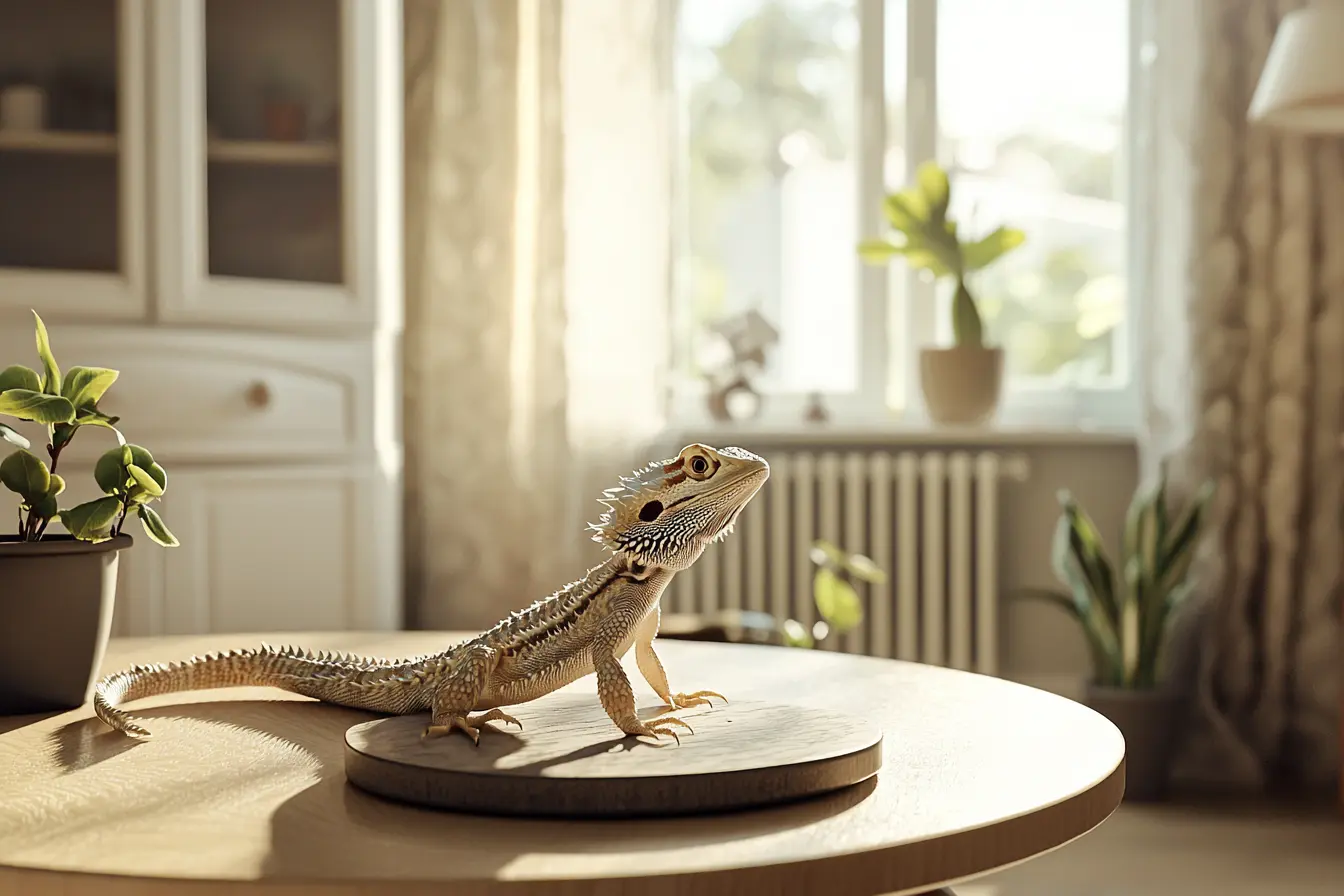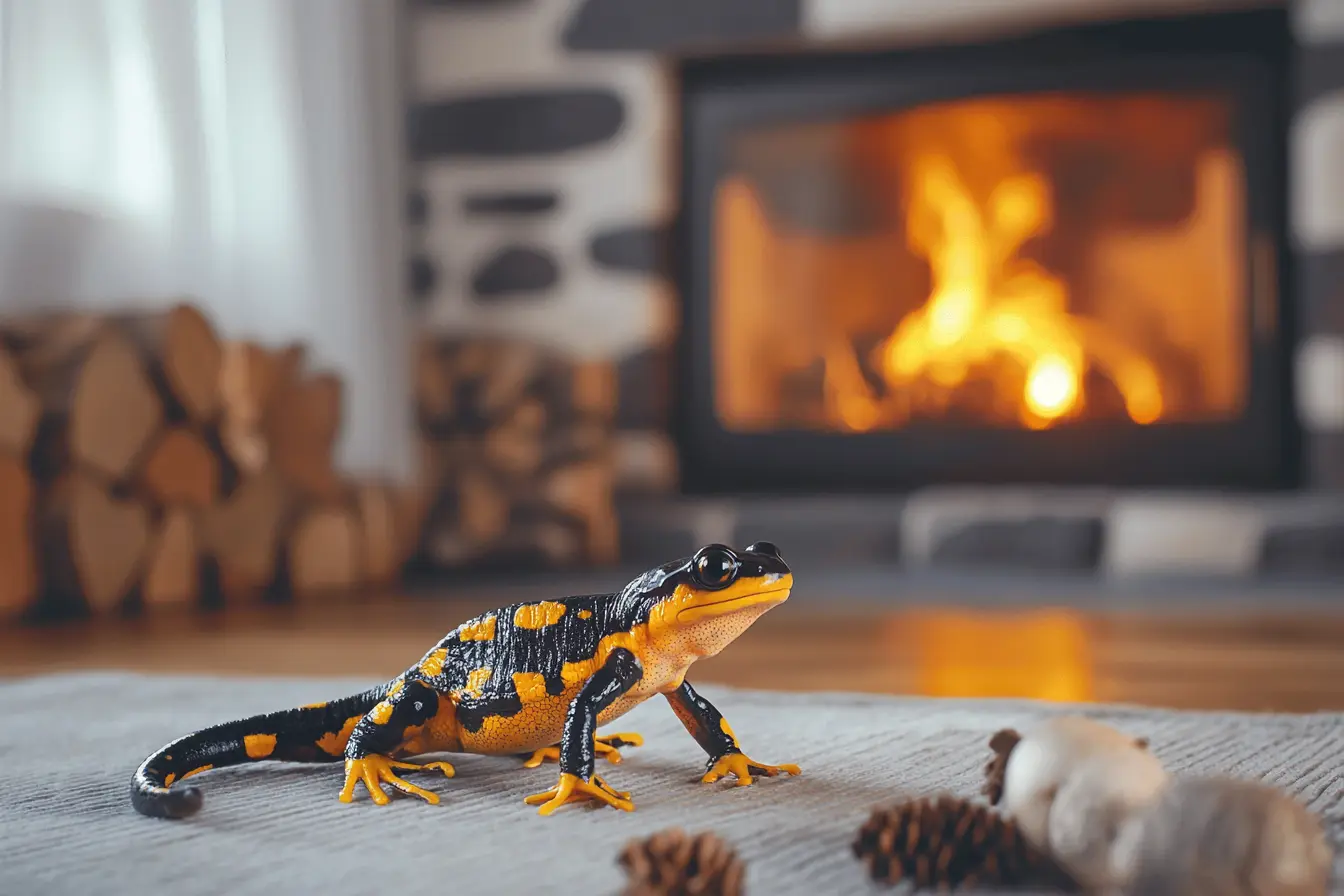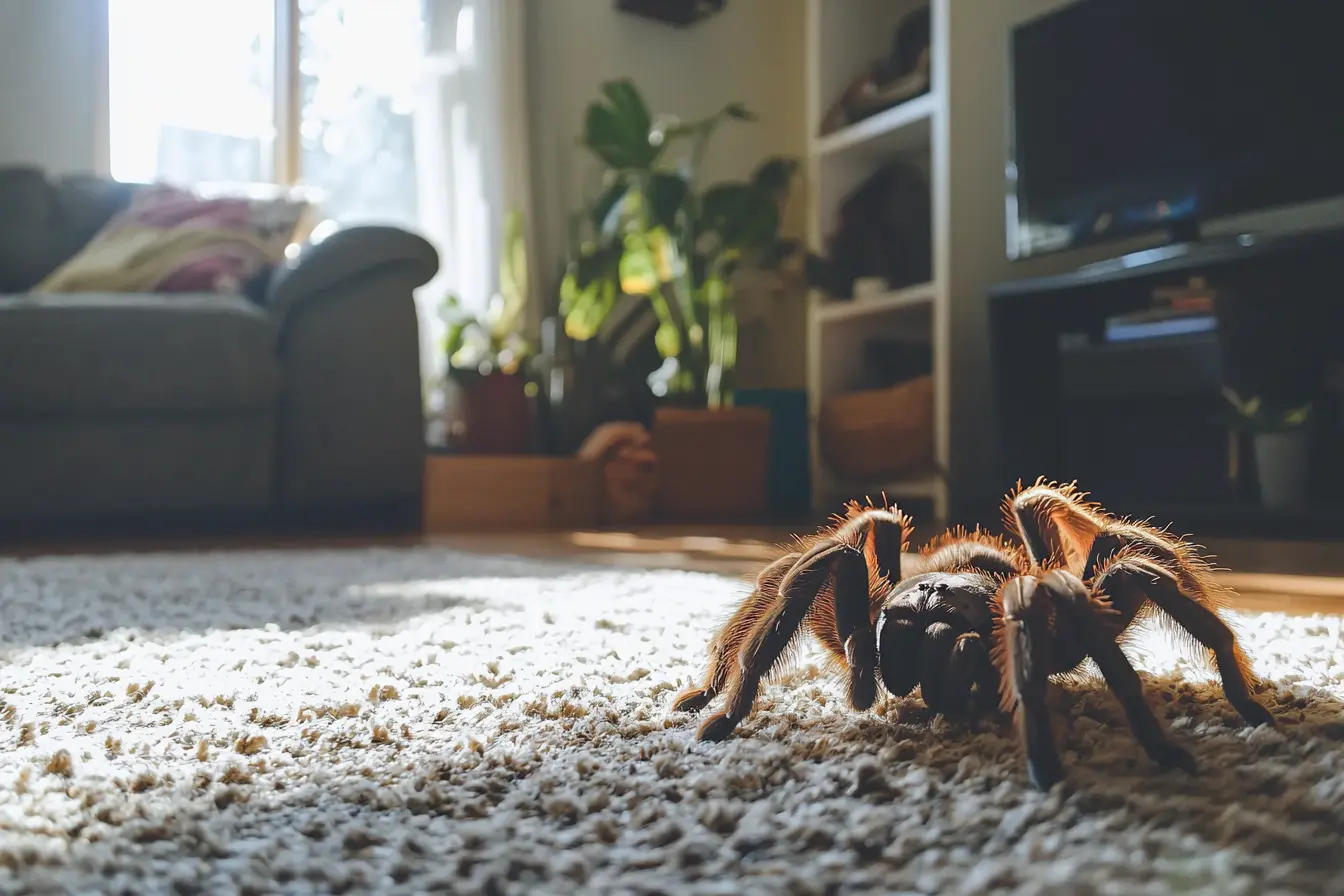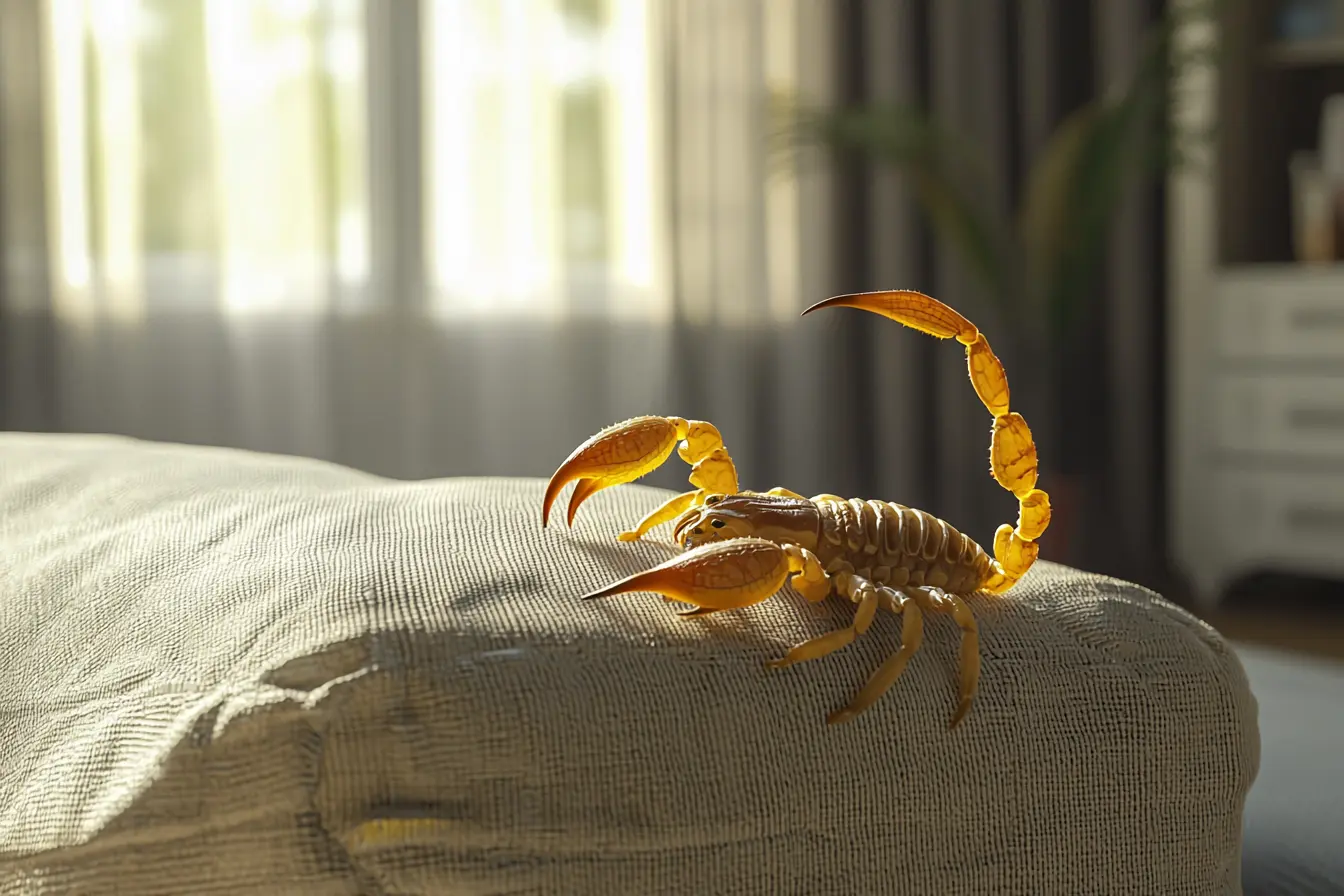
Common Health Issues in Scorpions and the Importance of Using a Specialist Vet
Owning a pet scorpion is a unique and rewarding experience, but it also comes with specific responsibilities. Scorpions are exotic animals with delicate health needs that differ greatly from traditional pets like cats or dogs. Knowing the common health issues they face and the importance of consulting a specialist vet can make all the difference in ensuring your scorpion thrives in captivity.
Common Health Issues in Pet Scorpions
Dehydration
Dehydration is a frequent problem in scorpions, especially if their environment lacks proper humidity. Scorpions require a consistent level of humidity in their habitat, which varies depending on the species. Signs of dehydration include a shrivelled appearance, lack of movement, and lethargy.
Prevention Tip: Maintain the appropriate humidity levels by misting the enclosure regularly and providing a shallow water dish.
Moulting Complications
Scorpions moult multiple times during their lives as they grow. Moulting is a delicate process, and issues such as incomplete shedding or being trapped in the old exoskeleton can occur. These complications can lead to stress, injury, or even death.
Prevention Tip: Ensure optimal humidity and provide a stress-free environment during the moulting period.
Parasites and Mites
External parasites like mites can infest scorpions, often due to unsanitary enclosure conditions or contaminated food. Mites can cause irritation and weaken the scorpion, leading to further health issues.
Prevention Tip: Regularly clean the enclosure, avoid overcrowding, and ensure all food is free of contaminants.
Infections and Injuries
Bacterial or fungal infections can develop from open wounds or poor hygiene in the scorpion's habitat. Injuries may also result from aggressive tank mates or mishandling.
Prevention Tip: Avoid co-housing scorpions unless they are a social species and ensure safe handling practices.
Nutritional Deficiencies
Feeding your scorpion an inappropriate or limited diet can lead to nutritional imbalances. Scorpions need live prey, such as crickets or mealworms, to fulfil their dietary needs.
Prevention Tip: Offer a varied diet and ensure prey is appropriately sized for your scorpion.
Why You Need a Specialist Vet
Many scorpion owners may overlook the importance of veterinary care, assuming that these hardy creatures don’t require medical attention. However, exotic pets like scorpions often need the expertise of a specialist vet for accurate diagnosis and treatment.
Specialised Knowledge
General vets typically lack the training and experience to handle exotic animals. A specialist vet understands the unique anatomy, physiology, and needs of scorpions, ensuring your pet receives appropriate care.
Accurate Diagnosis
Scorpions can exhibit subtle signs of illness, which may be difficult to interpret. Specialist vets have the tools and knowledge to identify issues like infections, injuries, or nutritional deficiencies accurately.
Tailored Advice
Every scorpion species has unique care requirements. A specialist vet can provide personalised guidance on habitat setup, diet, and routine care tailored to your scorpion's specific species.
Emergency Care
Scorpions may occasionally require emergency care, such as assistance during a problematic moult or treatment for injuries. A specialist vet is equipped to provide lifesaving interventions when needed.
How to Find a Specialist Vet
Finding the right vet for your scorpion can be challenging, but it’s crucial to have a trusted professional on hand. Here are some tips:
-
Research Local Exotic Vets: Look for veterinary practices specialising in exotic pets. Check online reviews and ask for recommendations from local exotic pet communities.
-
Contact Exotic Pet Groups: Online forums and social media groups for scorpion enthusiasts often have lists of recommended vets.
-
Ask for Credentials: Ensure the vet has experience treating scorpions or other invertebrates. Don’t hesitate to ask about their training and experience.
-
Build a Relationship Early: Don’t wait until there’s a problem to find a vet. Schedule an initial consultation to establish a relationship and ensure your scorpion is in good health.
Conclusion
Caring for a pet scorpion involves more than just providing food and a suitable enclosure. Being vigilant about their health and seeking specialised veterinary care when needed are essential responsibilities for any scorpion owner. By understanding common health issues and relying on a specialist vet, you can ensure your scorpion remains healthy and lives a long, fulfilling life.
Your scorpion depends on you—make sure they get the care they deserve!
Vets near you
Speciality vets
- Aquatics vet specialists
- Birds vet specialists
- Camelids vet specialists
- Cats vet specialists
- Cattle vet specialists
- Deer vet specialists
- Dogs vet specialists
- Equines vet specialists
- Exotic vet specialists
- Goats vet specialists
- Pigs vet specialists
- Poultry vet specialists
- Sheep vet specialists
- Small Mammals vet specialists
- Wild vet specialists
Vet facilities
- Accessible by public transport
- Blood testing
- Car park nearby
- Client car park
- Dentistry
- Diagnostic imaging
- Disabled public access
- Flea and worm treatments
- Microchipping
- Mobile services
- Neutering
- Open at weekends
- Out-of-hours service
- Referral interests
- Referrals only
- Street parking outside
- Toilets available
- Vaccinations
